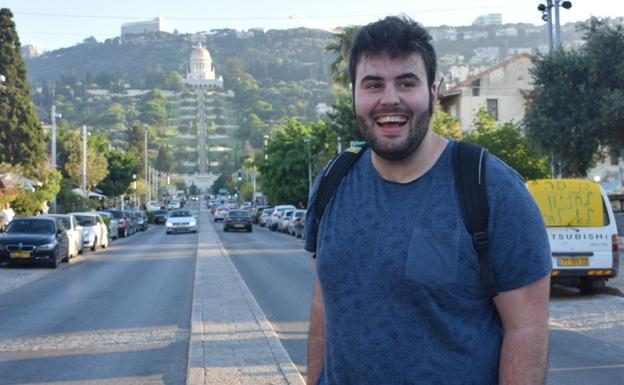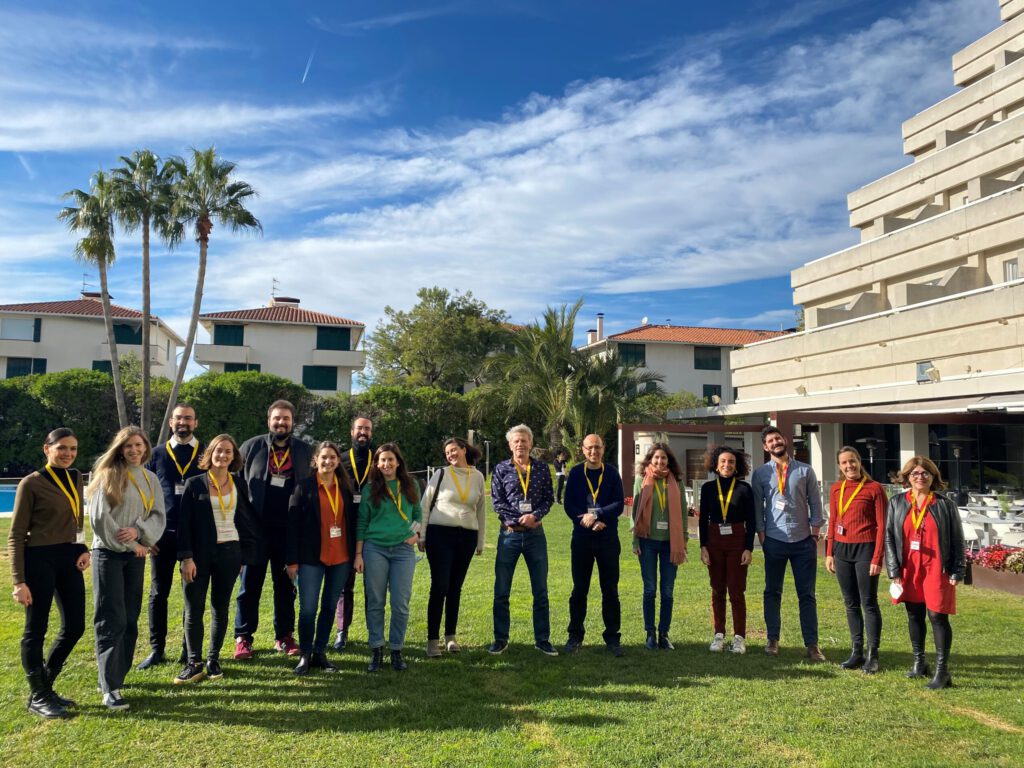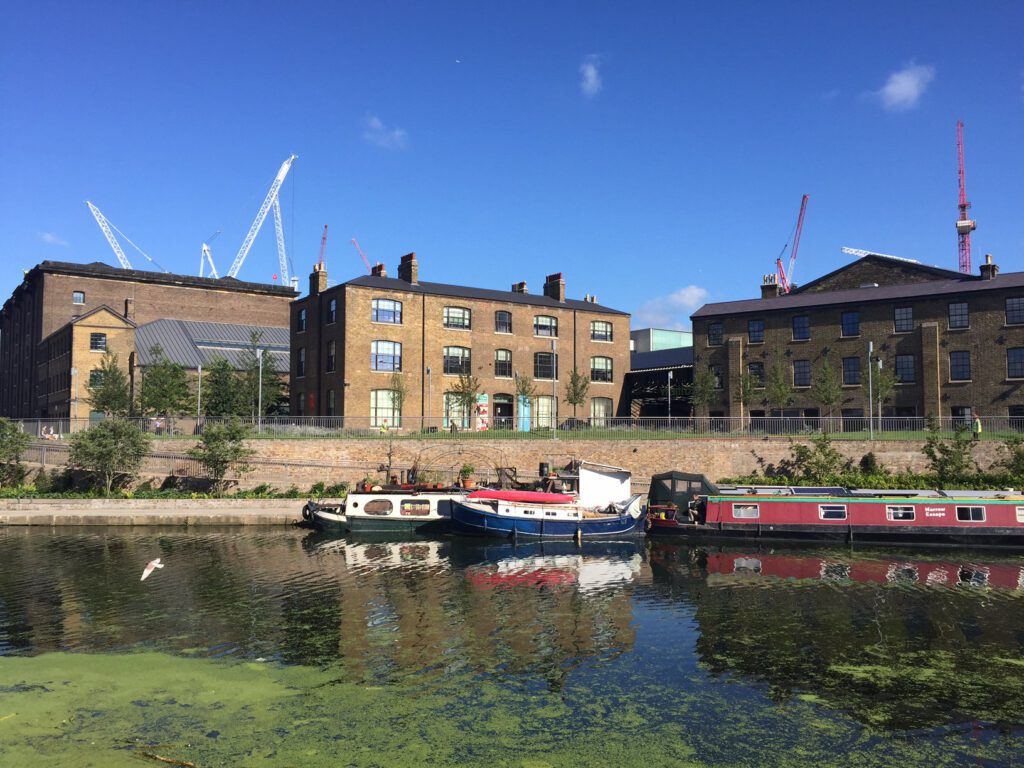Translated from the original interview which was published by El Comercio on 18.08.2018 and can be read here.
Jonatan Fernández García (Gijón, 1991) has an impressive curriculum. He studied Biology in Oviedo, worked at the Cancer Research Center at Salamanca (CSIC) while doing a master’s degree in advanced analysis of multivariate data and ‘big data’. After two years, he was awarded a Marie Curie scholarship to participate in a EU project called Meta-Can that seeks to analyze the metabolic adaptations carried out by cancer cells and how they allow them to evade the immune response. His work focuses on a type of leukemia in the central nervous system. “It is a multidisciplinary project in which I intend to apply artificial intelligence techniques and bioinformatic analysis of various types to characterize and find out everything that is possible about these adaptations, information that could be ideally used for early diagnosis, treatment design and monitoring of the patients.” This project has taken him to Israel, where he arrived in June, to work at IBM, one of the participating companies. “I live in Haifa, which is the third largest city in Israel after Jerusalem and Tel Aviv,” he says. “My working life is mainly split between IBM and the Technion (the Technological Institute of Israel), a leading university in the field of engineering and technology, where I will start my doctoral thesis.”
He still has little time in the country, but he is happy. “IBM has a flexible work environment and your performance is measured by results, not by the hours you spend in the office. You are given the freedom to organize your work, which generates a lot of responsibility,” he says. “So, unless you have scheduled meetings, you can work at home if you prefer. There is a company culture of challenging yourself and encouraging you to think constantly, it is very stimulating,” he sums up.
In addition to his nine hours of work, he spends his time learning Hebrew, doing some exercise and meeting new friends. “I’ve already started to meet people, many of them are foreign students like me, but I notice a decline in leisure activity with respect to Spain,” he confesses.
Israel is a country that invests in research, technology and emphasizes the importance of having highly qualified professionals who provide the country with competitiveness. “Israel has eight million inhabitants of which 20% are university graduates and with several universities among the 200 best in the world. They care a lot to capture talent”, he reveals in the chapter on pros. On the other hand, the cons are “few days of vacation – I only have 14 days a year. Usually, with age and number of years in the company they are giving you more.”
There are notably differences in culture that require adaptation. For example, the issue of Sabbath. “The work week is from Sunday to Thursday, being the weekend Friday and Saturday. The Sabbath begins on Friday afternoons and ends on Saturday afternoons. During all that time public transport and available activities are very restricted, and that’s why many people choose to spend the weekend in Tel Aviv, where the activity does not decline so much.”
He is no stranger to the conflict between Palestinians and Israelis, but confesses surprised. “In Haifa there is a very heterogeneous community with a majority of inhabitants of Jewish ethnicity, although many are non-religious, but there is also a significant percentage of Arabs and a Christian minority. In the day to day basis, no kind of conflict is perceived, people live in harmony” he sums up. And he digs deeper, talking about the relations between the Jews themselves and how the Muslim population is perfectly integrated into society. “The opinion of the people regarding the Palestinian conflict is very diverse and there is a very active debate, with people very critical of the Israeli Government, but in general everyone wants it to end soon and both peoples can live in peace.” In conclusion: “It’s all quite different from how I imagined it in Spain when I read the news.”
He is doing well looking at the Mediterranean and he longs for friends, his brother, the festivities of his region and the cold water on this shore of the Bay of Biscay. “Going to the beach, getting into the water and going through the heat is a sensation that I do not know if I’ll ever get used to,” he jokes.
Jonathan’s future plans are open. He says, he’d love to go home, but he knows it’s not easy. “It is very difficult to settle in Asturias in a stable manner. The vast majority of my friends are scattered throughout Spain and other countries in Europe. In Asturias there is little economic activity that allows to achieve a dignified and stable employment in research and development “.





